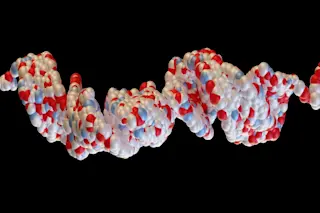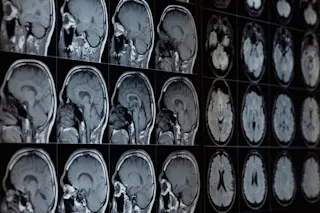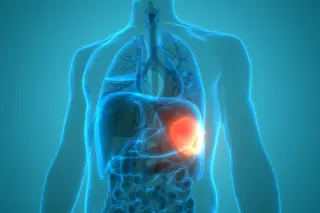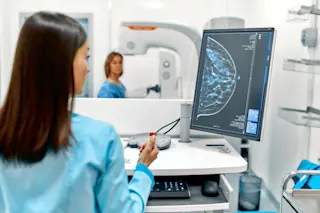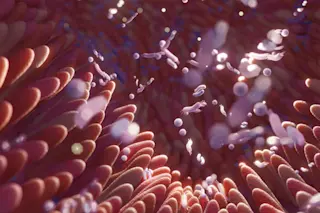A number of recent studies have suggested that brain scans could be used to diagnose autism. Virginia Hughes investigated these claims in a report for the Simons Foundation Autism Research Initiative. While some researchers feel these tests could soon be ready for the clinic, she found, others feel that relying on the scans for diagnosis is at least premature, and perhaps entirely misguided. Some important points in her report: How the Would-Be Autism Tests Work:
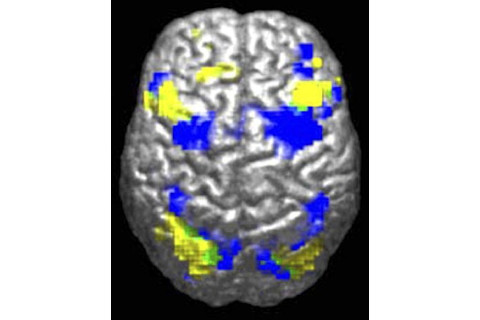
What's the News:
The studies have focused on a variety of possible indicators of autism and used several types of scans: measuring activation of brain regions as people do or experience particular things; examining neural anatomy; tracing connectivity between parts of the brain; and analyzing the electrical activity produced by neurons firing.
All the scans, however, have one central goal: picking out reliable, predictive differences between the brains of children with autism and unaffected children.
The Shortcomings:
For the scans to be useful in diagnosis, they have to be able to distinguish children with autism not only from healthy children but from children with other conditions who have similar symptoms, such as trouble with language or social interaction. Clinicians won't be scanning children who seem perfectly healthy, after all, but children who seem to have linguistic, social, or developmental problems.
The current studies don't address whether the scans are that specific, though, and many scientists doubt they can be. "Would this differentiate autism from severe speech [or] language disorder? Unlikely," cognitive neuroscientist Susan Bookheimer said.
Researchers have also criticized the methodology of some of the studies. One study, for instance, compared scans from autistic children under sedation to controls who were wide awake.
The Potential Benefits:
Current methods of diagnosing autism rely on a clinician's subjective evaluation of a child. A diagnostic scan would make the process more objective.
These behavioral exams are also expensive, running at least $600, and insurance companies often reimburse parents for only half the cost. Brain scans cost about the same, but they're getting cheaper---and, since MRIs and EEGs count as medical tests, insurance companies would likely pay for a larger portion of the scan.
Even if the scans aren't, or aren't yet, ready as diagnostic tools, they can help scientists better understand the neural underpinnings of autism.
There's plenty more in Hughes' report on brain scans for detecting autism.
Image: Wikimedia Commons / Eubulides




